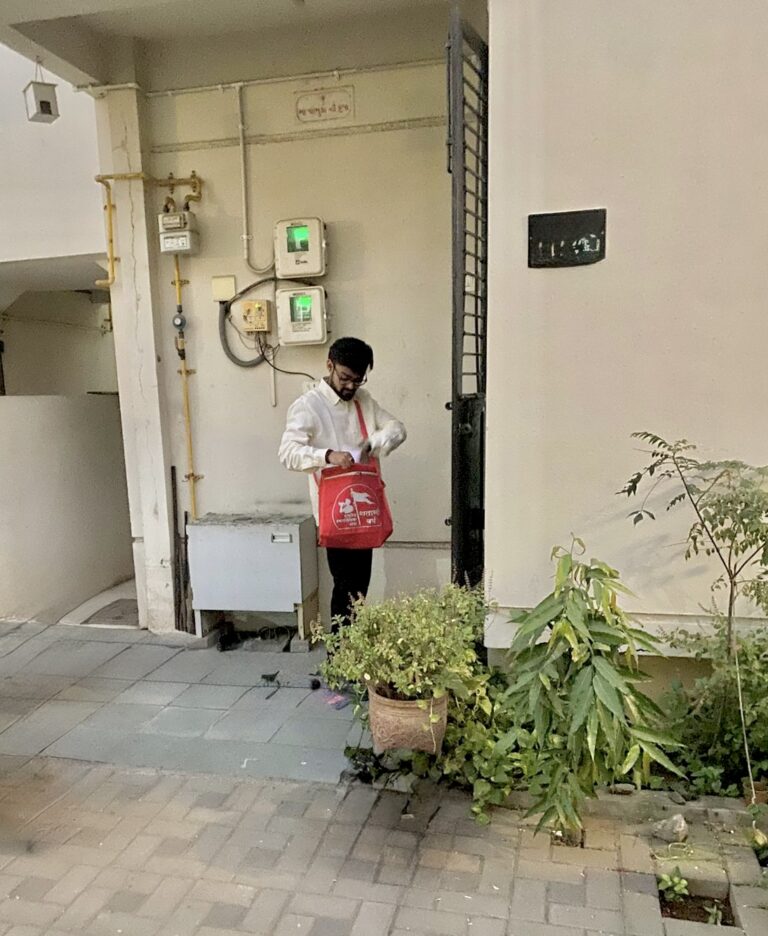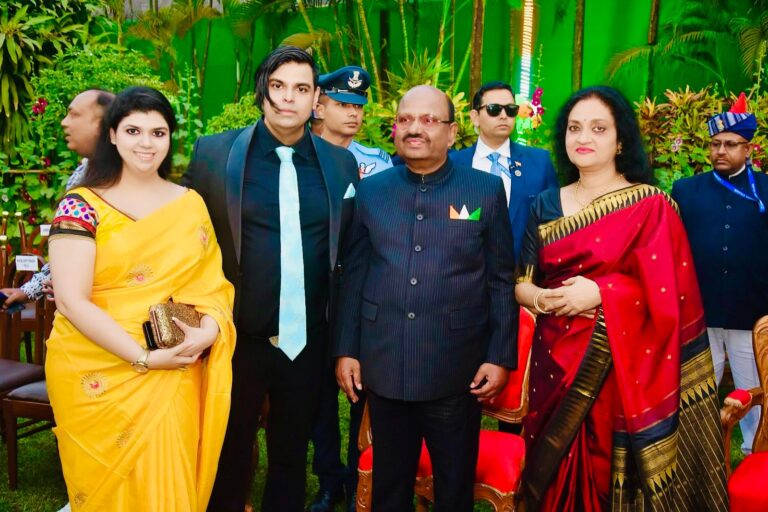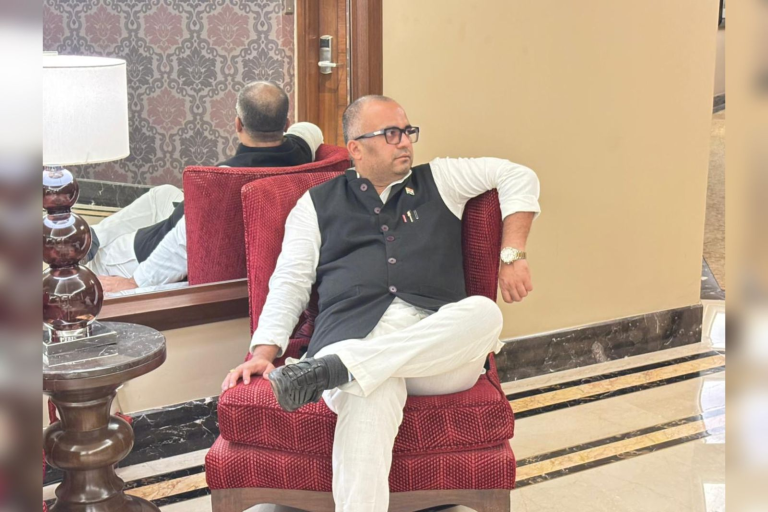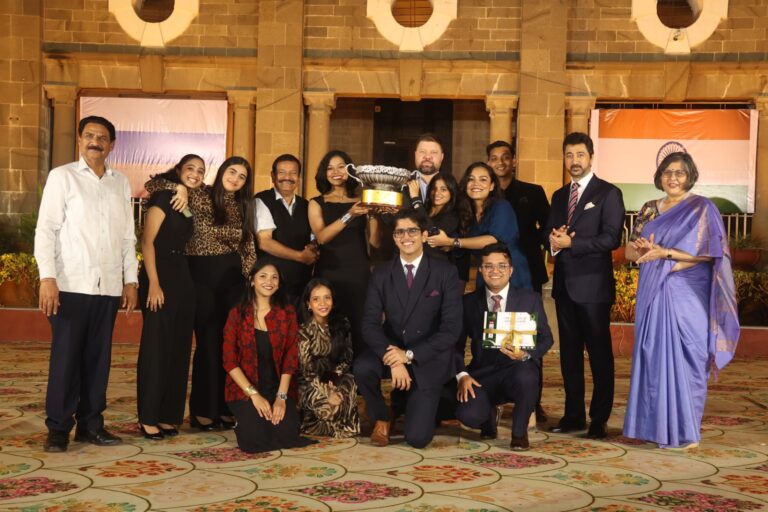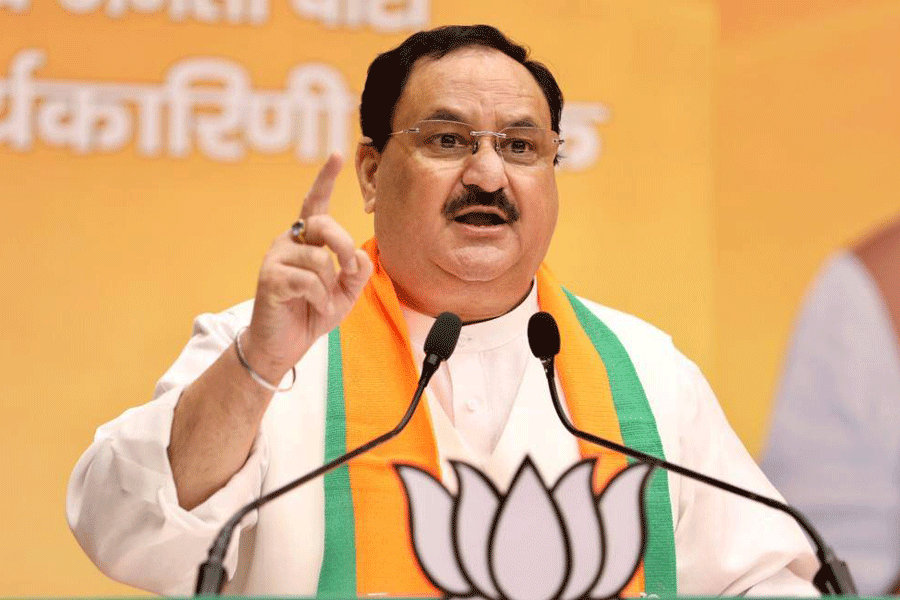
The Bharatiya Janata Party (BJP) is set to demonstrate its immense strength in Delhi, coinciding with the Opposition’s unity meet in Bengaluru, as announced by party chief JP Nadda today. A total of 38 parties, albeit mostly smaller allies with limited influence and a few or no Members of Parliament (MPs), will attend the event. This figure surpasses the 26-party count previously announced by the Congress, providing the ruling party with a psychological advantage in the lead-up to next year’s general elections.
JP Nadda addressed the media in the evening, emphasizing the expansion of the National Democratic Alliance (NDA) over the years. He attributed this growth to the people’s increasing desire to prioritize development, coupled with the good governance delivered under the leadership of Prime Minister Modi during the past nine years. Nadda highlighted that this progress is an ongoing process.
The BJP’s efforts to engage with allies came later compared to the opposition’s initial unity meeting held in Patna in June. The opposition claims that its unity movement, modeled after the JP movement of the 1970s, has unsettled the BJP. However, the BJP has been executing a well-planned strategy. Its primary focus has been on Bihar, where Nitish Kumar’s departure from the NDA resulted in the BJP being the sole party representing the alliance. The BJP is currently working towards reconciling Chirag Paswan and his uncle, which would provide access to the six percent Paswan vote share.
Additionally, three more parties from Bihar—Upendra Singh Kushwaha of the Rashtriya Lok Samta Party, Mukesh Sahani of the Vikassheel Insaan Party, and Jitan Ram Manjhi of Hindustani Awam Morcha—are expected to join the NDA. In Uttar Pradesh, a state with 80 substantial seats where the BJP already holds significant influence, the party has added another ally—the Suheldev Bhartiya Samaj Party led by Om Prakash Rajbhar—aiming to counterbalance the losses in Bihar.
While the BJP anticipates its key allies, namely AIADMK and Tamil Maanila Congress in Tamil Nadu and Shiv Sena (Eknath Shinde faction) and Ajit Pawar faction of the NCP in Maharashtra, to maintain a significant seat count in these two major states, it has also maintained close ties with its allies in the northeast. The list includes seven parties that contribute to the BJP’s governance of the seven northeastern states—NPP (National People’s Party Meghalaya), NDPP (Nationalist Democratic Progressive Party), SKM (Sikkim Krantikari Morcha), MNF (Mizo National Front), ITFT (Tripura), BPP (Bodo People’s Party), and AGP (Asom Gana Parishad).
Furthermore, a few new entrants have joined the BJP’s alliance. Apart from those in Bihar and Uttar Pradesh, the party has secured the support of actor Pawan Kalyan’s Jansena and the faction of Kerala Congress led by Kerala Congress (Thomas). The latter had previously withdrawn from the NDA in 2021 citing issues related to seat sharing but has since renewed the alliance.
Overall, this list clearly demonstrates the BJP’s strategic approach. While already formidable in most northern states, the party continues to concentrate on strengthening its presence in the south, west, and northeast regions. In crucial states like Uttar Pradesh and Bihar, the BJP aims to expand its influence by collaborating with parties that hold sway among the backward classes, Scheduled Castes, and Tribes.


